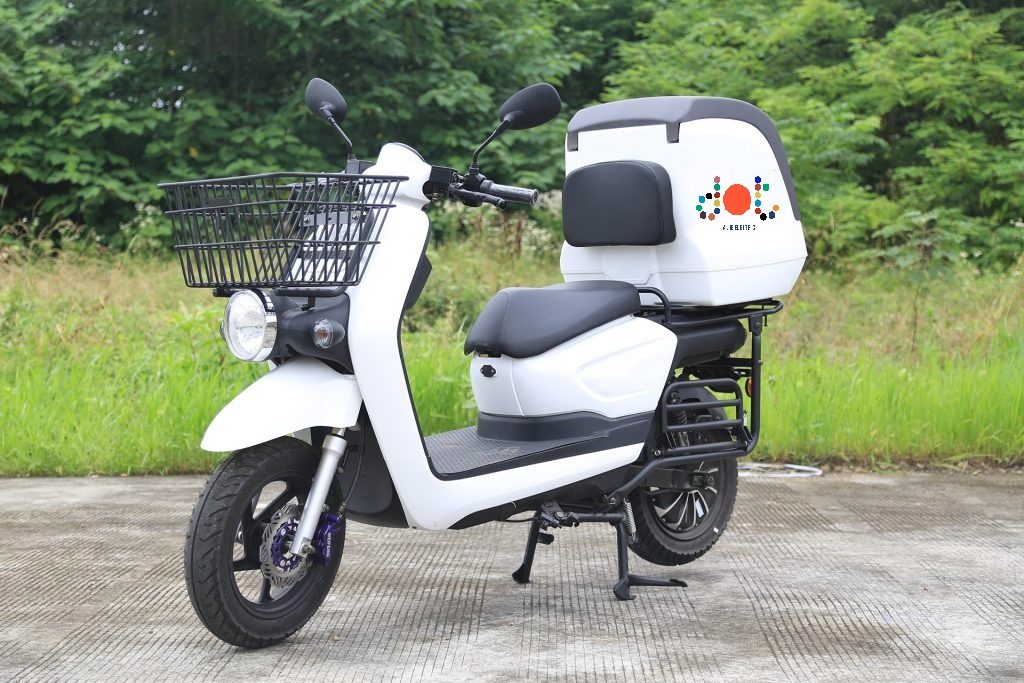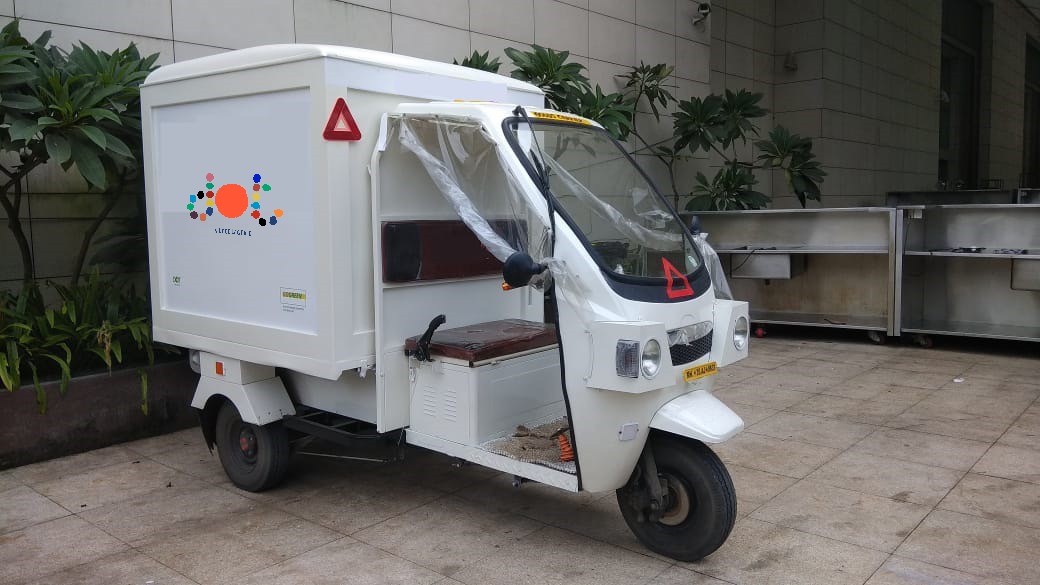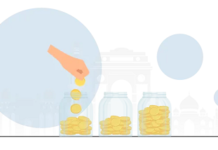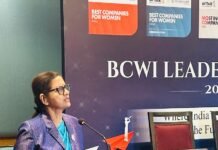August, 2019 – DOT, India’s fastest growing green mobility solutions provider to major E-Commerce and Food-Tech aggregators via hi-speed 2 & 3 wheeler Electric Vehicles, expands its operations to two new cities, taking its current footprint to 30 cities in India. Currently present in metros, tier II, III cities and towns across India; the company will soon be operating in Ranchi and Jamshedpur. With an aim to strengthen its operations in about 40 cities by the end of 2019, DOT’s geographical expansion over the next few months will include the addition of two new cities each month.
The company has been recording impressive growth numbers since its inception in 2015 with a growth rate of 50% Y-O-Y. In-sync with Niti Aayog’s guidelines to promote electric mobility in the country, DOT deploys its extensive fleet of electric vehicles to fulfill logistics needs of corporates. With more than a fleet of 700 electric vehicles, DOT has been successful in delivering over 7 million orders a year and is poised to achieve 103-110 million orders by FY 2019-20.
Commenting on the market expansion, Vineet J Mehra, Managing Director, DOT, said, “DOT’s continued growth and profitability enables us to expand our operations to new hubs and fortify our footprints in tier-2 & tier-3 cities. Each location in these upcoming cities will be modelled on the company’s motto of ‘Life Electric and Delivering Electric’. Entering into new cities will thus take us a step closer towards bridging the consumer and environment centric gaps.”
A champion of ‘Make in India’ and ‘Skill India’ initiatives, DOT offers mass employment opportunities to individuals across tier 1, 2 & 3 cities in the country and has been successful in generating 5.2 million man-hours in the past 12 months in India. Further elaborating on the same, Mr. Mehra said, “The small scale supply for EV ecosystem will help create millions of jobs from research, engineering, manufacturing sales and marketing jobs across the country as a whole, which is going to witness a sustainable mobility adaption.”

DOT’s business goals are aligned to UN Sustainable Development Goal8. The company has also been substantially contributing in reduction of carbon emissions by offsetting more than 100 tonnes of CO2 emissions every week. It is the fastest-growing player in the industry owing to its sectoral diversification and hybrid model of employing rider members. The company has been profitable since inception due to green vehicle cost efficiencies.





